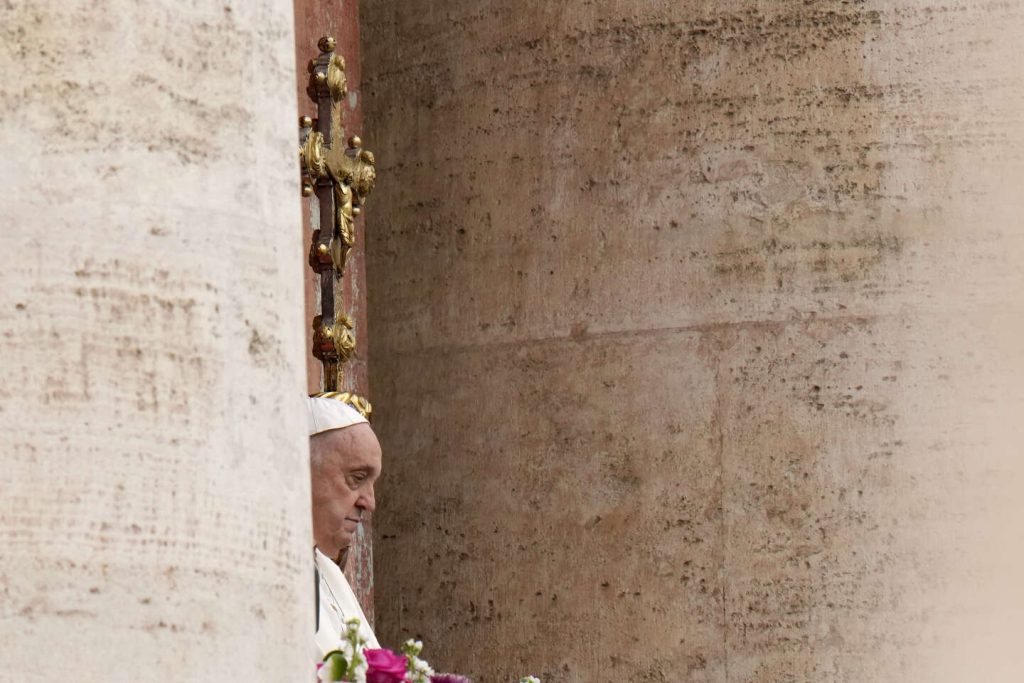In a diplomatic note released on April 13th by the Vatican, also known as the Holy See, Rome denounced the recent condemnation of Cardinal Marc Ouellet by a civil court in Lorient, France. The court ruled that the Cardinal had arbitrarily expelled Sister Sabine Baudin de la Valette, also known as Sister Marie Ferréol, from her community of Dominican sisters at Pontcallec, where she had lived and taught for thirty-four years. The Cardinal, previously the powerful prefect of the Congregation for Bishops for over a decade, was found guilty of “abuse of right” and “lack of impartiality” in a detailed seventeen-page judgment. He was ordered to pay over 120,000 euros in damages for what the court deemed as an “infamous and vexatious” dismissal.
The tribunal expressed surprise that Cardinal Ouellet, even if he had been given a special mandate from the Pope to inspect the congregation of Dominican sisters (a mandate that was not produced during the hearing), did not recuse himself due to his close friendship with one of the sisters, Marie de l’Assomption, who had openly opposing views to Sister Marie Ferréol. This led to questions about his impartiality, especially considering the animosity between the two sisters that had been previously reported. The Vatican’s official statement contesting the recent French court ruling against the Catholic prelate was met with reaction from lawyer, writer, and academician François Sureau, who had previously raised concerns about the case of the French nun.
According to the Vatican, the condemnation of a dicastery head protected by immunity by a civil court could be seen as a serious violation of the fundamental rights to freedom of religion and freedom of association of Catholic believers. The issuance of a diplomatic note by the Holy See to France highlights a potential minor diplomatic crisis. The rarity of such a note makes it even more surprising, serving as the culmination of a series of misguided actions that would be comical if it weren’t for the real-life implications for the individuals involved. The case revolves around the dismissal of a nun for reasons that are questionably in line with canonical norms, without following proper procedures such as allowing for a fair trial or the right to appeal. The court’s ruling emphasizes that membership in a religious order does not exempt religious leaders from complying with ordinary civil law obligations, a principle usually supported by the Church but seemingly disregarded in this particular case.
The Vatican’s intervention in this case has sparked discussion about the balance between religious autonomy and adherence to civil law, as well as the implications of immunity for high-ranking church officials. The unusual nature of this situation, along with the Vatican’s response, raises questions about the Church’s approach to handling internal matters that intersect with legal jurisdictions. The public scrutiny of the Cardinal’s actions and the subsequent legal proceedings underline the complexities of power dynamics within religious institutions and their accountability to legal standards. This case serves as a reminder of the importance of transparency and accountability in all institutions, including religious organizations, to ensure fairness and justice for all individuals involved.















